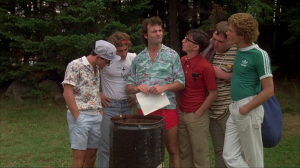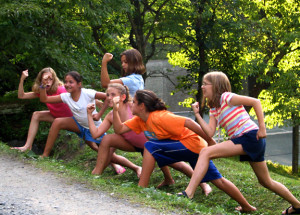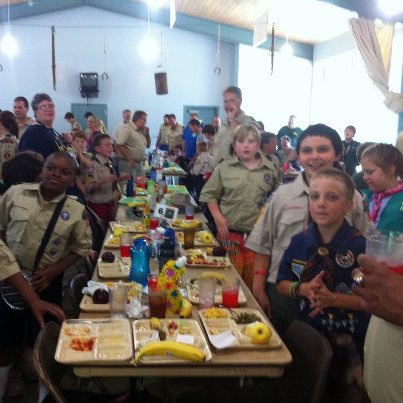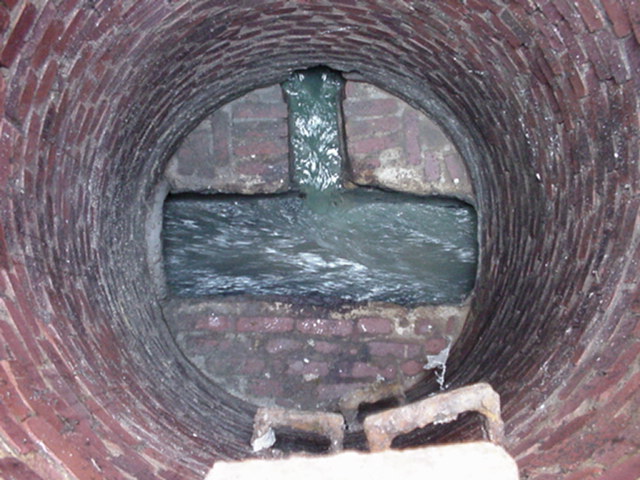Camping wasn’t a big part of my youth. My mom’s idea of camping (or roughing it as she calls it) was a hotel that didn’t have a working air conditioner. When I was a teenager we went camping a couple of times and rented a trailer in a campground beside Darien Lake (a Western New York amusement park). Most of my camping time was spent chasing girls around the park and riding roller coasters. I camped a few more times in high school – which really just meant underage drinking in the woods.
And it always rained. 
Since my teenage years I’ve met many people that had great experiences at the organized extension of my definition of camping – summer camp.
Looking back, I think I missed out.
We plan on sending our boys to overnight camp, likely through 4-H. Through my extension position I’ve had a chance to interact with lots of the camp organizers and I’ve been impressed with what they do for food safety and infection control: It’s not that they never have problems; it’s that they seem to know how to handle things when people get sick.
This management thing and good risk decision making was exemplified by Curt Sinclair, director of a 4-H camp in Illinois. According to The News-Gazette, Sinclair was faced with a difficult decision when a norovirus outbreak hit his camp. With 10 staff and 30 campers ill, he shut down the camp for a week, canceling a session so the site could be cleaned and sanitized and letting the virus run it’s course in the staff.
“I can’t run the camp on Sunday if they’re still contagious,” said Sinclair. “We all need to stay separate. They need to be resting back at home. To run camp would be irresponsible.”
Campers and counselors alike began showing symptoms of the virus — diarrhea, vomiting and general body achiness — early Thursday.
“From about 2 a.m. till 11 a.m. is when we were having most people ill. It ended up being about 10 staff members and then a little over 30 children,” he said.
“The CDC recommends that 48 to 72 hours after you feel better, you should refrain from working in close quarters and in food service,” he said.
“It can spread very rapidly in a group setting with a lot of people. They’re very close, playing with the same hockey sticks,” he said.
“This response to this unfortunate outbreak of a virus is going to reinforce the trust of the public in what we stand for and how we run our operation. It was the right thing to do. (It) will benefit the camp long-term more than if we had tried to wing it somehow,” Sinclair said.
Between the hockey sticks and Sinclair’s response, this sounds like a pretty good camp.
 “Recently, a group of 11 campers tested positive for salmonella,” a statement released July 12 by Bnei Akiva says. “Thankfully, we have had no new cases since last week, and our affected campers are well on the road to recovery.”
“Recently, a group of 11 campers tested positive for salmonella,” a statement released July 12 by Bnei Akiva says. “Thankfully, we have had no new cases since last week, and our affected campers are well on the road to recovery.”



.jpg) And, like every other year, there are outbreaks of foodborne illness at summer camps.
And, like every other year, there are outbreaks of foodborne illness at summer camps. The Nelson Mail reports
The Nelson Mail reports